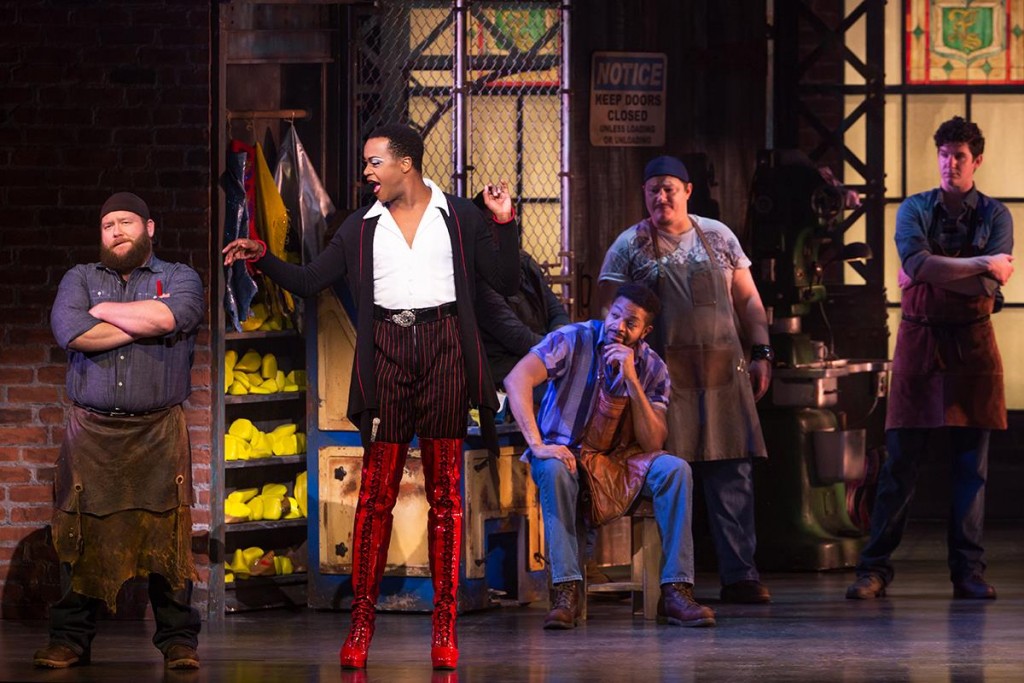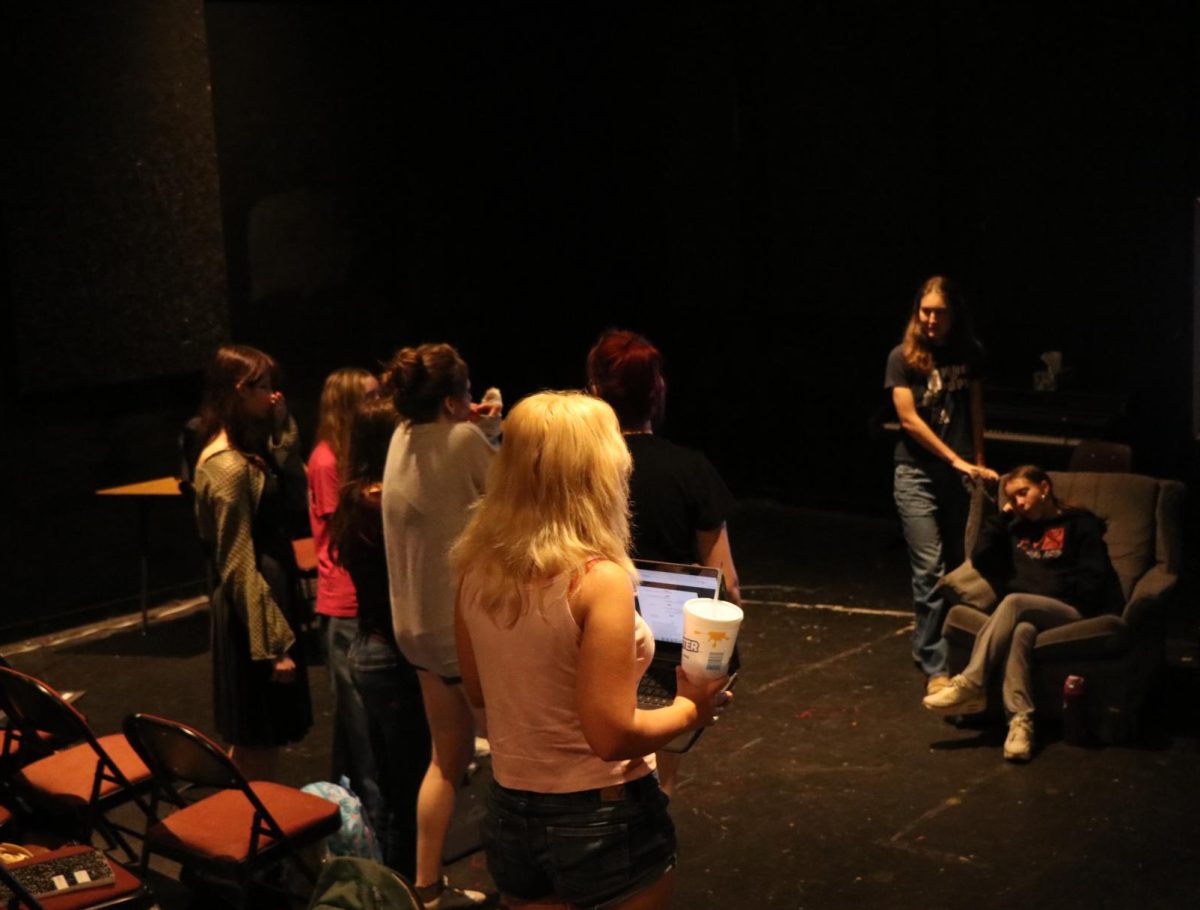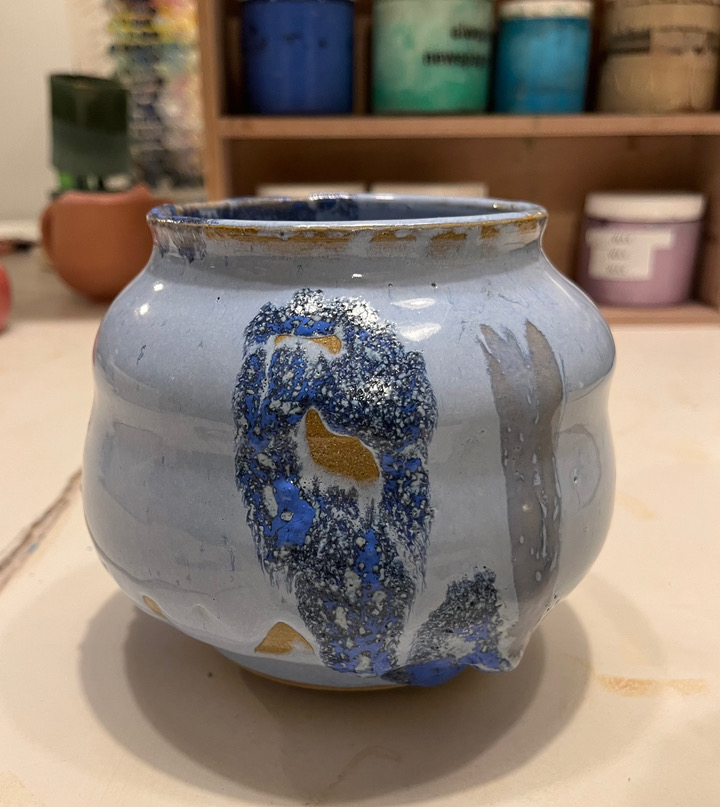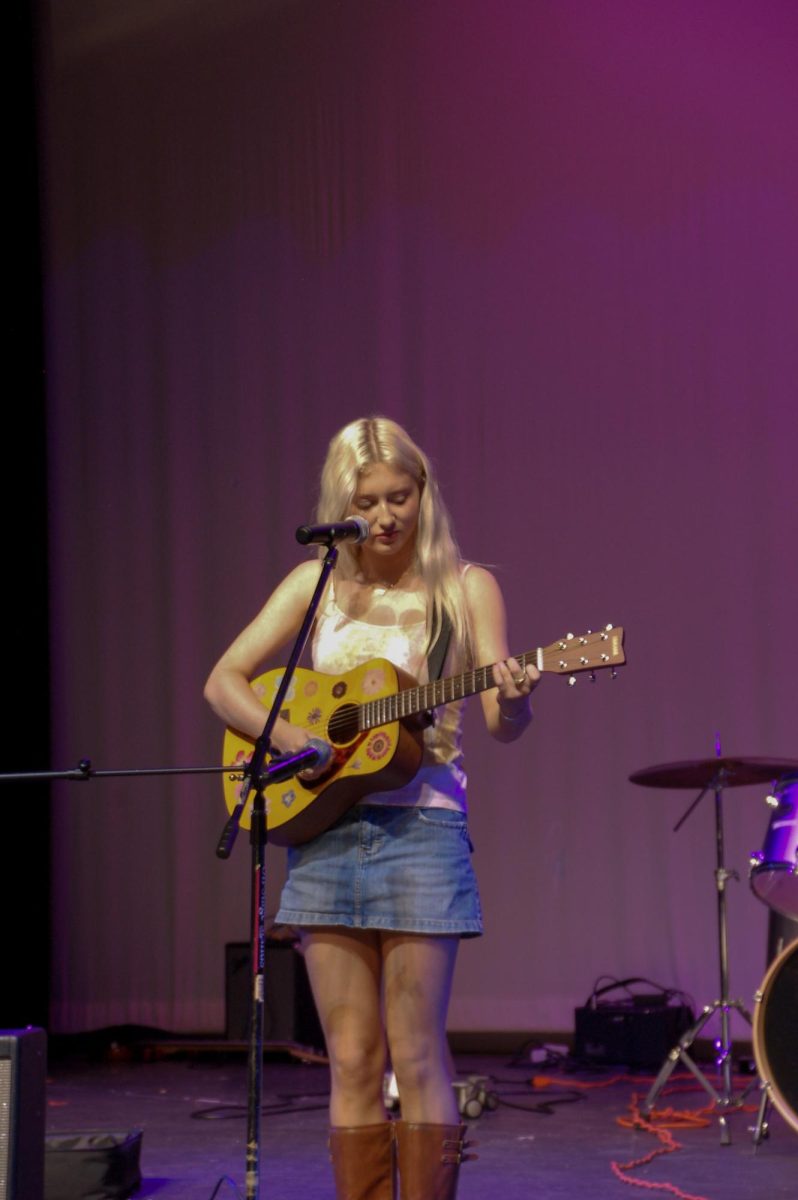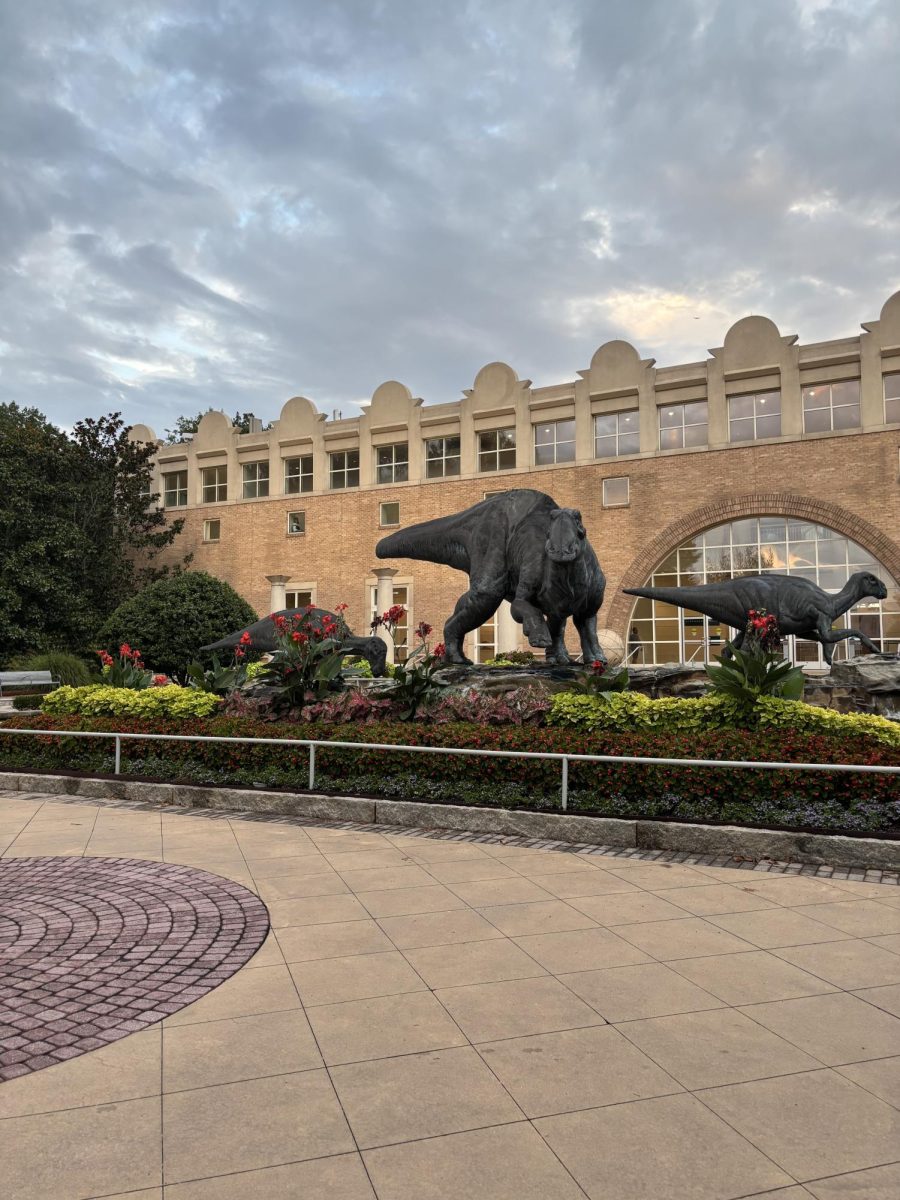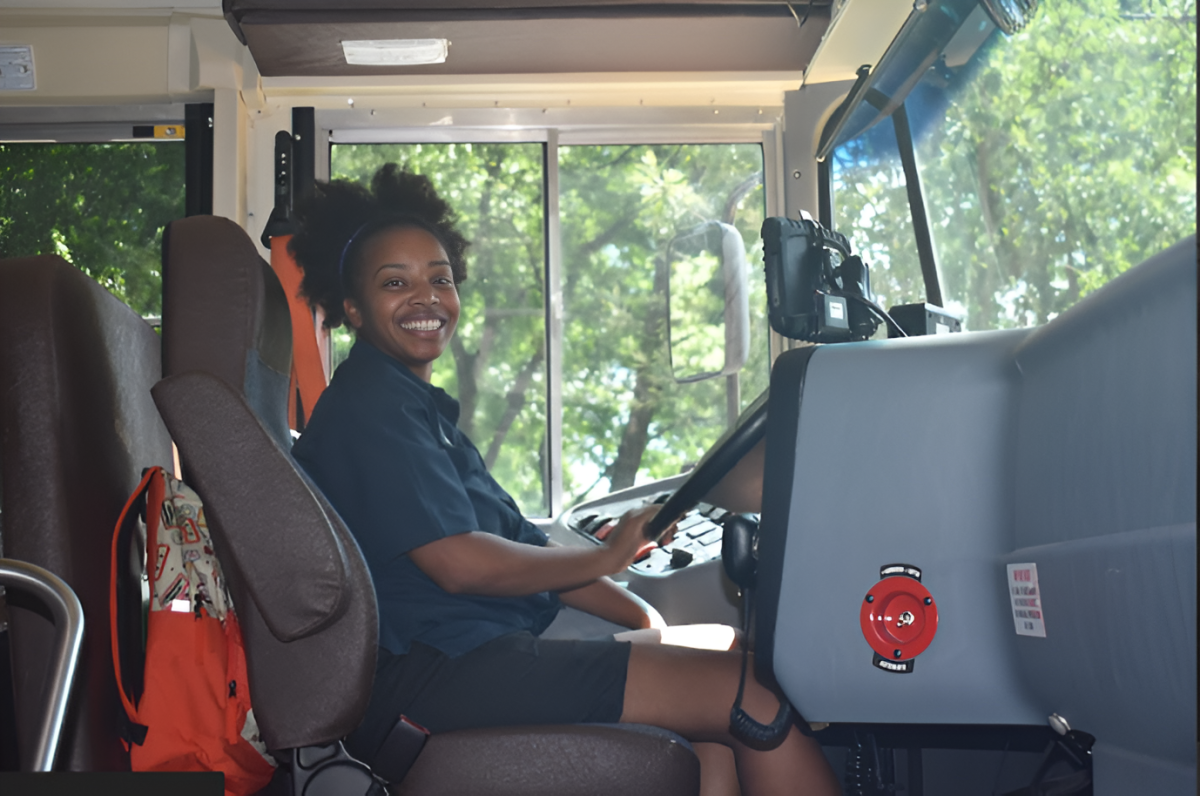
In the town of Northampton, England, Charlie Price (Adam Kaplan) inherits the family-owned Price and Son shoe factory after his father’s death. While struggling to keep the business afloat, Charlie stumbles upon Lola (J. Harrison Ghee), a drag queen cabaret performer. Lola’s flashy outfits often require high heeled boots, and thus Charlie finds himself a new customer base. While working together to produce a line of boots, Charlie and Lola form an unlikely friendship and inspire those around them to discover acceptance toward others who may appear different than they are.
The U.S. touring cast of Kinky Boots made its Atlanta debut March 29th at the Fox Theatre and closed April 3rd. However, the show also has a permanent Broadway cast which remains in New York City.
A refreshing aspect of Kinky Boots is that while the show stars an African American male, race relations are not discussed in any way. Instead, the predominant social theme is homosexuality and the acceptance of those who are different from oneself.
Playing to the liberal Atlanta audience, Kinky Boots had the crowd standing and clapping along with its catchy musical numbers although, the traveling cast of Kinky Boots is certainly used to performing to less liberal audiences.
“Audiences respond differently because I think it depends on what each neighborhood and each community needs,” Kaplan said. “The ones that are more conservative need to hear our story more and they are more hesitant to start but then it really picks back up. Whereas, here at the Fox they are rowdy the whole time but sometimes it’s more rewarding when the audience is not the liberal ones.”
When Lola strips from her drag outfit and removes the heavy makeup, she becomes Simon, the man his father always wanted him to be and the man Lola never felt she was. Taking the show from electric and upbeat feeling down to a humble and serious note in “Not My Father’s Son,” Simon explains that he is ‘not the image of what his father dreamed of’. During this number, Simon makes several minute flamboyant gestures which led the audience to laughter in the deeply emotional and serious moment. Why do we, a liberal Atlanta audience, find humor in flamboyant mannerisms and their connotations of homosexuality?
“I like to believe anything over the top or fussy catches the eye of any good southern queens,” Ghee said. “I was raised in North Carolina, so I feel like southerners love anything that’s extra and loud; naturally they would fall in love with the flamboyance of Lola and her Angels.”
However, the touring cast does not always play to the southern audience, and Ghee describes getting the same reaction no matter the location.
“More universally, I like to believe everyone gets to see, through Lola’s story, that drag queens are people just like them and have struggles and just want to be loved,” Ghee said. “So once they understand it’s just a man in a dress trying to spread love and happiness they can fully enjoy the camp and creativity of the medium of drag. The little quips Simon shoots are coping mechanisms and it comes natural to Lola, and it gives the audience moments to love him more. We all love a good charming man, and that’s just what Lola is.”
Often times, theatergoers may feel musicals are illegitimate because they can be fun loving and filled with upbeat songs or dance numbers. But when performed correctly, they can convey serious themes and messages. Kinky Boots, is correctly advertised as flashy, glittery and showy, but underneath the beautifully synchronized lighting and staging, Charlie and Lola carry a story that is both relevant and relatable. Initially, I judged the show by its outward appearance, yet, just as the story demonstrates, it is what is on the inside that counts.

